Do you have an incomplete paper that you’ve been sitting and can’t seem to finish? Have you recently presented at a conference, but haven’t written-up a paper out of your presentation yet? Did you get a rejection and are struggling to get motivated again? Or maybe you’ve written a couple chapters of your PhD and are hoping to turn one into a publication?
Whatever the scenario, CEMP’s new Publishing Partnership Initiative (PPI) can help you to collaborate with another researcher to turn your ideas into a viable REF-ready journal article. And did we mention, you can win a free dinner for two?
Publishing Partnership Workshop
Thursday January 26th
Talbot Campus, BU
11:00-14:00
WG 05 (Weymouth House)
To launch the initiative, this workshop will introduce the Publishing Partnership Initiative and help you find a good match to develop your REF output. We will also discuss strategies and tips for working toward REF submissions:
11:00-11:15 Introductions and coffee
11:15-11:30 Welcome to the PPI scheme (Anna and Richard)
11:30-12:00 Hear No Evil, See No Evil: What you need to know about REF and the Sterne review (Julian & Dan J)
12:00-12:45 Interactive session: Strategies for fitting writing into our busy schedules (Brad & Karen)
12:45-13:15 Academic Match.com: Finding the right journal and writing partner for your research output (Anna and Isa)
13:15-14:00 Catered planning lunch with our publishing partners
To participate: Send a 500+ word rough draft or outline of a potential research paper to afeigenbaum@bournemouth.ac.uk AND Richard rberger@bournemouth.ac.uk by Monday 23rd January 2017. This might be an abandoned draft, a conference version of a paper presentation or an outline for a possible research paper. At this stage, any draft you have might be gold, so don’t be shy!
To be a mentor or writing partner: Send an email with a list of your research and methodological areas of expertise to afeigenbaum@bournemouth.ac.uk AND Richard rberger@bournemouth.ac.uk by Monday 23rd January 2017.
Eat your Success! Partners who successfully submit a paper to a peer review journal within the 5 month time frame will receive a ‘dinner for two’ voucher to celebrate their success.*
*Voucher is worth up to £45.00. Does not cover alcoholic beverages.
We will aim to pair colleagues around expertise either in the same research area or in relation to the methodological approach. At least one partner will be accustomed to journal publishing and the REF process, as well as to the challenges facing us to find the time to research and write. In the first instance, this workshop is geared toward UoA 25, 34 and 36 entries (covering Education, Media Practice and Media Studies). For full details see: http://www.civicmedia.io/events-2/publishing-partnership-initiative/
*This project was initiated by Anna Feigenbaum and Richard Berger. It is supported by the UoA 25 development fund, CEMP, the Civic Media Hub & the Journalism Research Group.
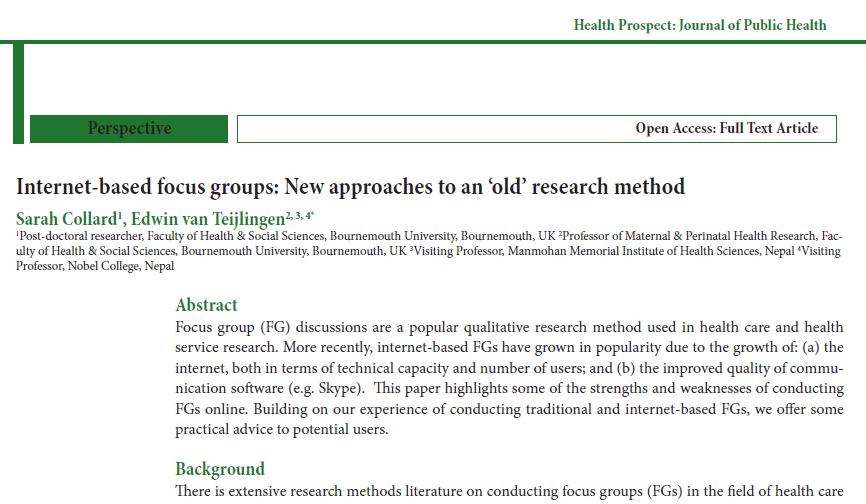

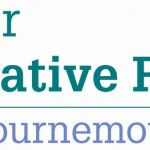

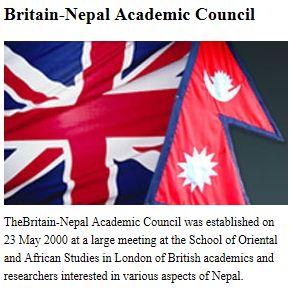
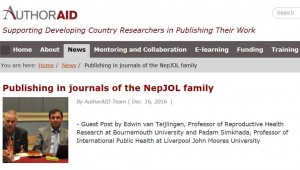
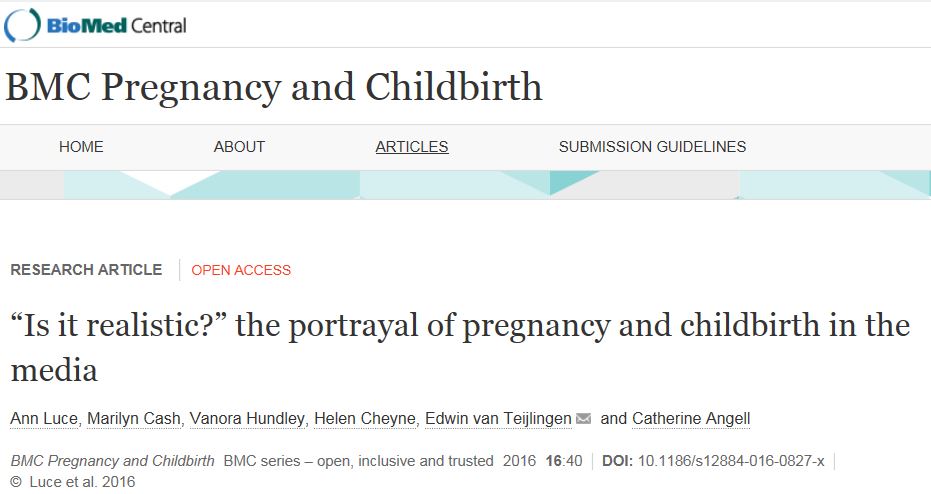
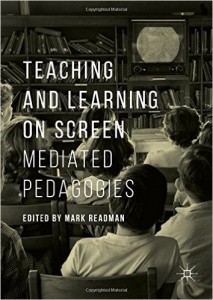
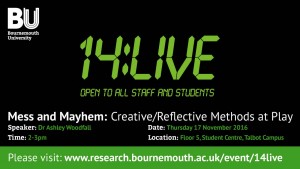
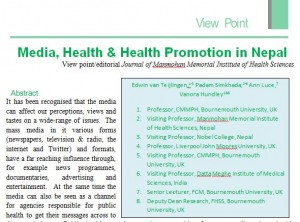

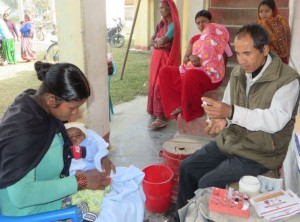
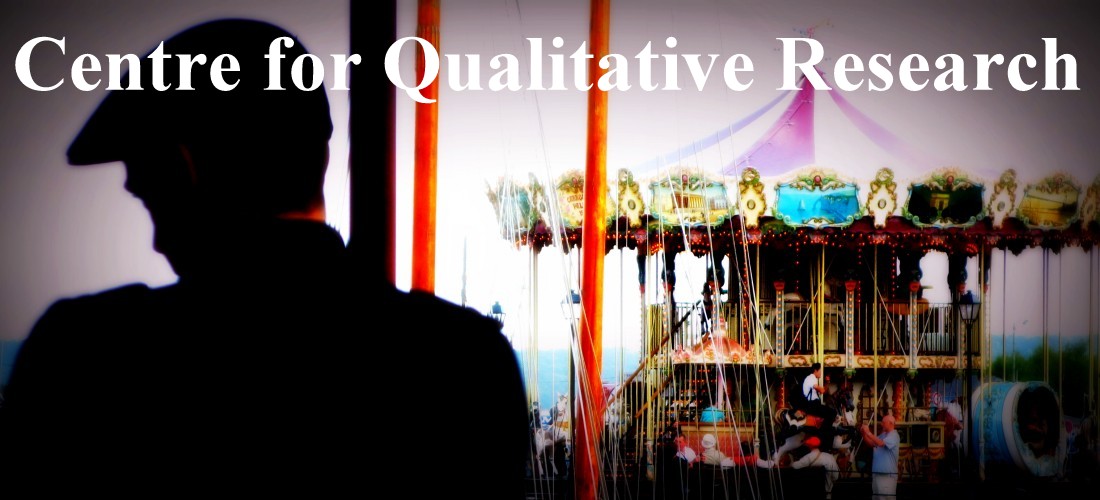 The Centre for Qualitative Research is kicking off its new seminar series on
The Centre for Qualitative Research is kicking off its new seminar series on 










 Writing policy briefs
Writing policy briefs Upholding Excellence: The Concordat to Support Research Integrity
Upholding Excellence: The Concordat to Support Research Integrity Today’s Documentation Will Serve Tomorrow’s Justice
Today’s Documentation Will Serve Tomorrow’s Justice Up2U: New BU academic publication
Up2U: New BU academic publication New BU midwifery paper
New BU midwifery paper ECR Funding Open Call: Research Culture & Community Grant – Application Deadline Friday 12 December
ECR Funding Open Call: Research Culture & Community Grant – Application Deadline Friday 12 December MSCA Postdoctoral Fellowships 2025 Call
MSCA Postdoctoral Fellowships 2025 Call ERC Advanced Grant 2025 Webinar
ERC Advanced Grant 2025 Webinar Horizon Europe Work Programme 2025 Published
Horizon Europe Work Programme 2025 Published Horizon Europe 2025 Work Programme pre-Published
Horizon Europe 2025 Work Programme pre-Published Update on UKRO services
Update on UKRO services European research project exploring use of ‘virtual twins’ to better manage metabolic associated fatty liver disease
European research project exploring use of ‘virtual twins’ to better manage metabolic associated fatty liver disease